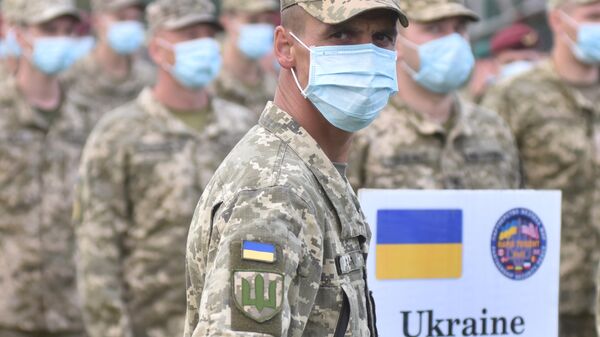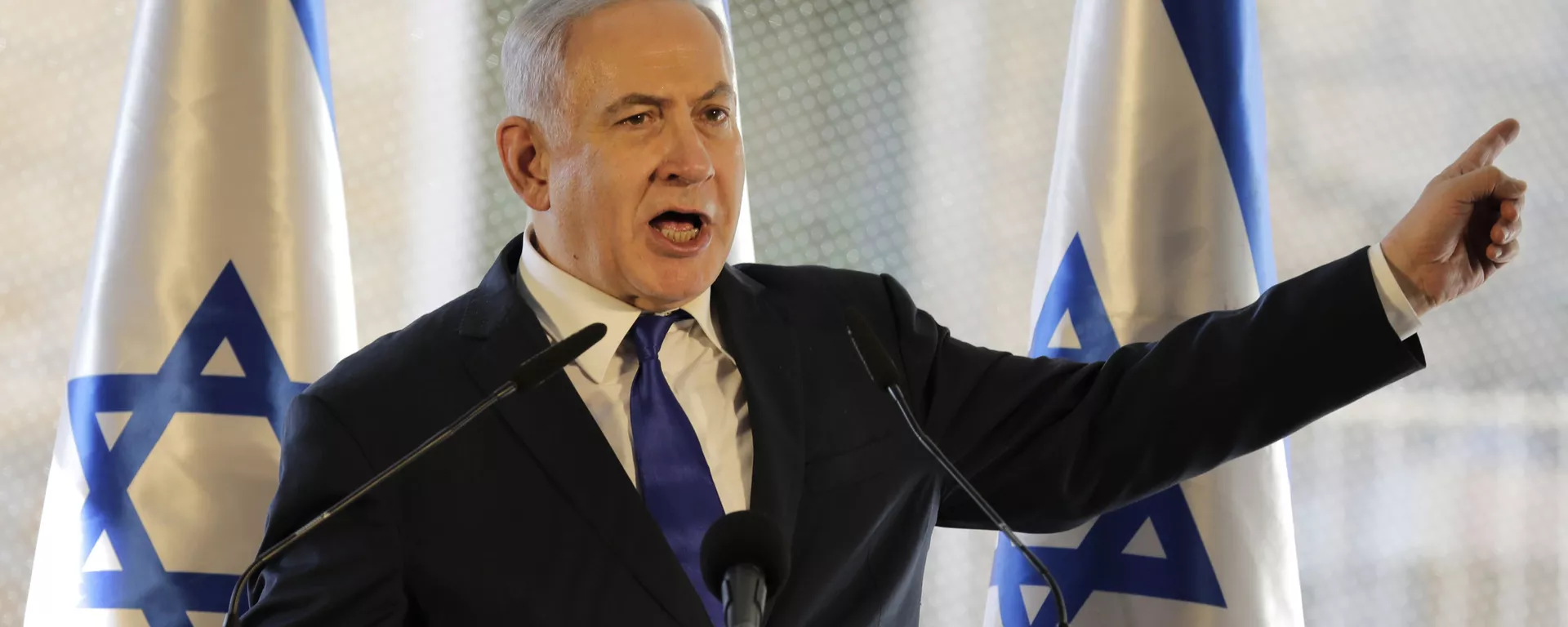Rosen Zhelyazkov of the GERB party was officially elected prime minister on Thursday after three months of discussion.
Bulgaria's parliament on Thursday formally approved a coalition government led by the centre-right GERB party, finally installing an administration nearly three months after elections resulted in a deeply divided parliament.
Lawmakers voted 125-114 to elect Rosen Zhelyazkov, a lawyer and former speaker of parliament, as prime minister. The 56-year-old has served as minister in several previous governments.
Zhelyazkov has pledged to restore financial stability and keep Bulgaria on a pro-EU and pro-NATO track.
"The government will prioritise the quality of life for the people with a focus on education and healthcare," he said during the handover ceremony.
The party picked Zhelyazkov over its leader, Boyko Borissov, who helmed three governments between 2009 and 2021. His third cabinet resigned following major anti-corruption protests.
The GERB finished first in last October’s elections, the seventh in three years, but won only 69 seats in the 240-seat National Assembly.
Zhelyazkov said his party had made “the necessary compromises”, addressing the ideological differences with two junior partners: the pro-Russia Socialist Party (BSP) and the populist group There Is Such a People (ITN).
Although the coalition commands less MPs than the number needed for a majority, it was approved in a separate vote thanks to the support of a small ethnic Turkish party that lent its backing to the coalition without being part of it.
The new government is dominated by former ministers and GERB officials, who received 11 ministerial seats, while the BSP and ITN have four ministers each.
Video editor • Rory Elliott Armstrong

 2 hours ago
1
2 hours ago
1






 We deliver critical software at unparalleled value and speed to help your business thrive
We deliver critical software at unparalleled value and speed to help your business thrive






 English (US) ·
English (US) ·